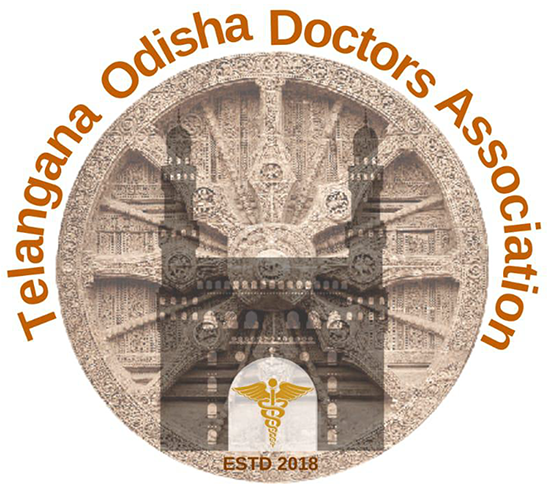Introduction
Cancer remains one of the most complex health challenges of our time. While traditional approaches like chemotherapy, radiation, and surgery have saved countless lives, they often come with significant side effects and variable outcomes. In recent years, precision medicine has emerged as a transformative approach, offering personalized cancer care based on a patient’s genetic profile, lifestyle, and tumor characteristics. For practitioners, the challenge now lies in bringing these innovations from research labs into routine clinical practice.
What Is Precision Medicine?
Precision medicine involves tailoring treatment to the unique biology of each patient. By analyzing genetic mutations, biomarkers, and molecular signatures, doctors can design therapies that target cancer cells more effectively while minimizing harm to healthy tissues.
Key Advances Driving Precision Cancer Care
-
Genomic Profiling
-
Next-generation sequencing allows detailed mapping of tumor DNA.
-
Identifying mutations such as BRCA1/BRCA2 or EGFR helps guide treatment with targeted therapies.
-
-
Targeted Therapies
-
Drugs designed to inhibit specific molecular pathways are now standard in cancers like breast, lung, and melanoma.
-
Unlike traditional chemotherapy, these treatments often show fewer side effects and higher response rates.
-
-
Immunotherapy
-
Treatments like checkpoint inhibitors and CAR-T cell therapy harness the body’s immune system to fight cancer.
-
Breakthroughs in immuno-oncology have shown durable responses in previously untreatable cancers.
-
-
Artificial Intelligence in Oncology
-
AI algorithms analyze vast datasets to identify treatment options, predict responses, and even detect cancers earlier.
-
Decision-support tools are enabling clinicians to adopt precision medicine more confidently.
-
-
Liquid Biopsies
-
A simple blood test that detects circulating tumor DNA (ctDNA) is revolutionizing early detection and monitoring.
-
These tests reduce the need for invasive biopsies and enable real-time treatment adjustments.
-
Benefits for Patients and Practitioners
-
Personalized Care: Treatments designed for each patient’s tumor biology improve outcomes.
-
Reduced Side Effects: Targeted approaches spare healthy tissue, improving quality of life.
-
Better Prognosis: Earlier interventions and adaptive treatment plans enhance survival rates.
-
Cost Efficiency in the Long Term: While upfront costs can be high, precision medicine reduces trial-and-error treatments.
Challenges in Implementation
Despite its promise, integrating precision medicine into daily practice faces hurdles:
-
High Costs: Genetic testing and targeted drugs can be prohibitively expensive.
-
Limited Access: Rural and resource-limited settings lack infrastructure for advanced diagnostics.
-
Training Gaps: Practitioners must continuously update their knowledge to keep pace with rapid developments.
Looking Ahead
The future of oncology will be shaped by collaboration between clinicians, researchers, and policymakers. Efforts to lower costs, expand diagnostic infrastructure, and train healthcare providers will be critical in making precision medicine accessible to all patients. The integration of AI, telemedicine, and global data-sharing platforms will further accelerate progress.
Conclusion
Precision medicine is no longer a distant vision—it is becoming a cornerstone of modern cancer care. For practitioners, embracing these advances means staying informed, adapting workflows, and advocating for equitable access. By integrating precision medicine into daily practice, we can move closer to a future where cancer treatment is not only effective but also deeply personal.




